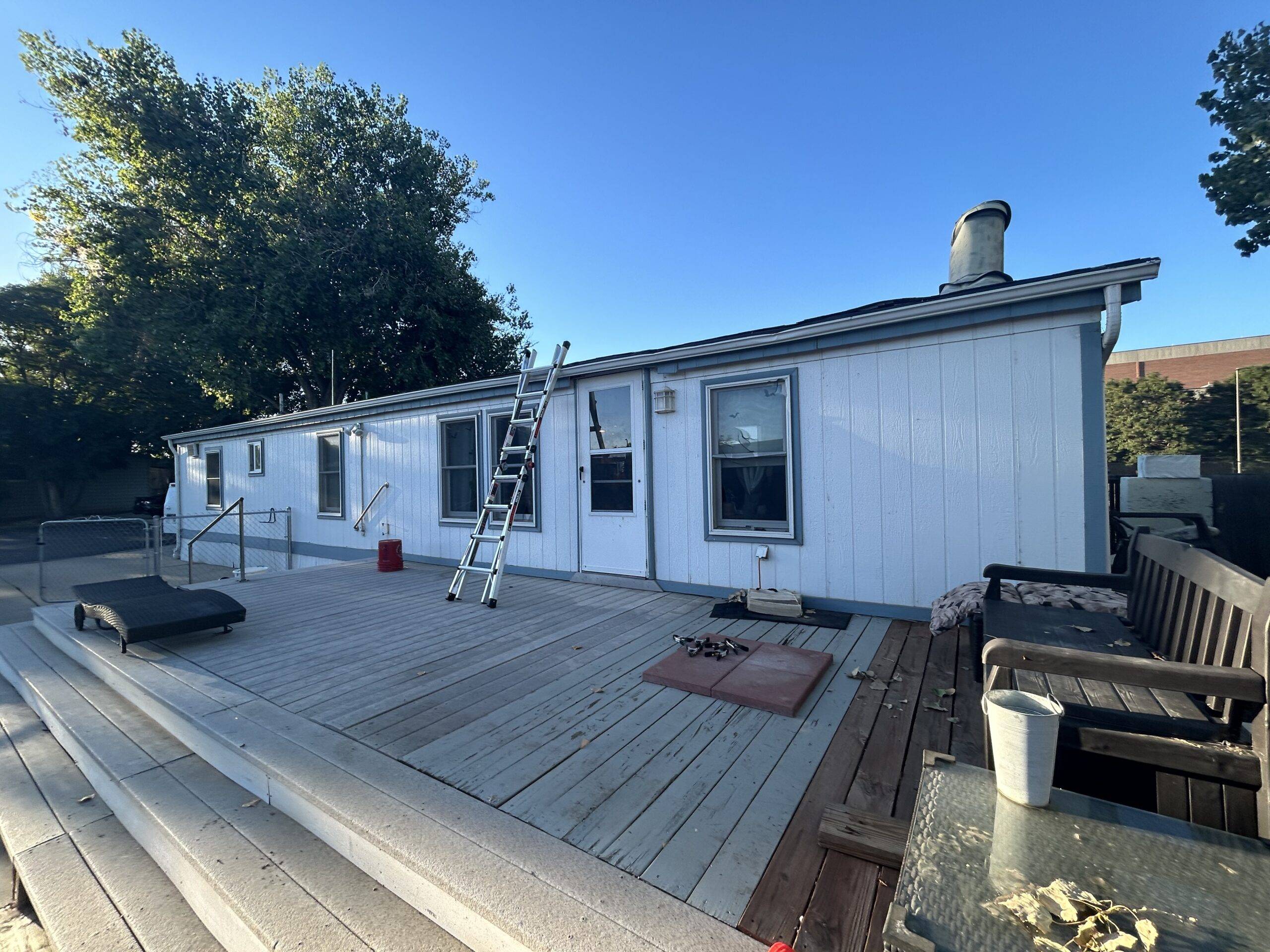When it comes to maintaining the integrity of your home, few things are as crucial as a reliable and durable roof. Whether it’s weathered by the elements, damaged by a storm, or simply in need of an upgrade, choosing the right roofing contractor for a roof replacement is a big decision. In Colorado, with its unique weather conditions and varying climates, the importance of selecting the right roofing contractor becomes even more significant.
In this article, we’ll guide you through the steps to help you choose the best roof replacement experts for your home in Colorado, ensuring that you get the high-quality, reliable service your property deserves.
1. Start with Experience and Expertise
The first factor to consider when selecting a roofing contractor is their experience and expertise. Colorado’s weather, ranging from heavy snowfall to intense summer sun, requires roofing materials and installation techniques that can withstand the state’s challenging conditions.
Why Experience Matters:
- Knowledge of Local Climate: A contractor who has worked in Colorado will be familiar with the state’s fluctuating temperatures, high winds, and snowfall. This ensures they understand the best roofing materials for Colorado’s specific needs.
- Proven Track Record: Established roofing companies with years of experience often have a portfolio of completed projects that you can review. Look for a contractor who has a history of successful roof replacements in your area.
Tip: Ask for photos of previous roof replacements, or even contact past clients for references. The more experienced a company is, the more likely they are to deliver quality results.
2. Verify Licensing and Insurance
Before hiring any contractor, make sure they are licensed and insured. Roofing is a high-risk job, and ensuring that your contractor has the proper credentials is crucial for your protection.
- License: A valid license ensures that the contractor is legally allowed to perform roofing work in Colorado. Licensing also shows that they adhere to local regulations and building codes, which is particularly important for large replacement projects.
- Insurance: Ensure the contractor has both liability insurance and worker’s compensation insurance. This protects you in case of accidents or damage during the roof replacement process.
Tip: Request to see proof of both the contractor’s license and insurance before you sign any contract. This step will give you peace of mind knowing you are protected throughout the process.
3. Get Multiple Estimates
It’s always a good idea to get multiple estimates from different roofing contractors. This allows you to compare pricing, materials, and timelines to ensure you’re getting the best deal for your roof replacement.
However, price shouldn’t be the only factor in your decision. While it’s important to find an affordable option, the cheapest contractor may not always offer the best quality. Focus on getting a balance of price, quality, and service.
What to Look for in an Estimate:
- Detailed Breakdown: The estimate should include a detailed list of materials, labor, and any additional costs (like permits or disposal fees). A good roofing contractor will provide a transparent estimate so you know exactly what you’re paying for.
- Timeline: The estimate should specify how long the project will take. Be cautious of contractors who give vague or unrealistic timelines.
Tip: Don’t automatically choose the lowest estimate. Sometimes, the best value comes from a slightly higher-priced contractor who uses quality materials and offers excellent service.
4. Check for Reputation and Reviews
A reputable roofing contractor will have a solid reputation both online and within the local community. Look for reviews, ratings, and feedback from previous customers to gauge their reliability and the quality of their work.
Where to Look for Reviews:
- Google Reviews: This is a great place to see a wide range of customer experiences, both positive and negative.
- Yelp: Yelp can provide customer insights and real-world examples of the contractor’s work.
- Better Business Bureau (BBB): Check if the roofing contractor has an accreditation or rating with the BBB. This helps ensure they are a trustworthy business that resolves customer complaints.
Tip: Pay attention to recurring themes in the reviews. Positive feedback about craftsmanship, professionalism, and communication is a good indicator that you’re on the right track.
5. Ask About Roofing Materials
A roof replacement isn’t just about getting a new roof; it’s about choosing the right materials that will last and withstand Colorado’s tough weather conditions. The best roofing contractors should offer a variety of options and help guide you to the best choice for your needs.
Popular Roofing Materials for Colorado Homes:
- Asphalt Shingles: The most common and affordable roofing material, asphalt shingles perform well in various weather conditions, including snow and sun.
- Metal Roofing: Perfect for Colorado’s extreme weather, metal roofs are durable, energy-efficient, and low-maintenance.
- Tile or Slate Roofing: These materials provide an aesthetically pleasing option, especially in warmer areas of Colorado. While more expensive, they are long-lasting and can handle Colorado’s tough conditions.
- Wood Shakes: These provide a natural, rustic look and are suitable for homes in certain areas but require regular maintenance to ensure they perform well.
Make sure your contractor is knowledgeable about all the available materials and will help you make an informed decision based on the style of your home, budget, and climate considerations.
6. Review the Warranty
A good roofing contractor should offer a warranty on both materials and labor. Roof replacements are a significant investment, so it’s essential to have peace of mind knowing that your roof will be covered in case of any issues post-installation.
- Manufacturer’s Warranty: This covers defects in the materials used. Many roofing materials come with a 20–50 year warranty, depending on the product.
- Contractor’s Warranty: A reputable roofing company will offer a warranty on their workmanship, typically ranging from 2 to 10 years. This covers any issues resulting from improper installation.
Tip: Ensure you understand the terms of the warranty and what it covers. A reputable contractor will clearly outline their warranty and what actions are required to maintain it.
7. Communication and Customer Service
Effective communication throughout the roof replacement process is key to a successful project. The right contractor will keep you informed at every stage of the process and be available to answer any questions or concerns.
Look for:
- Prompt Responses: Contractors who respond quickly to inquiries and provide clear, timely updates about the project timeline.
- Professionalism: A contractor who is polite, professional, and transparent in all interactions is a good sign of reliability.
Tip: Trust your instincts. If you feel uncomfortable with a contractor’s communication style or attitude, it might be a sign to look elsewhere.
Conclusion
Choosing the right roofing contractor for your home’s roof replacement in Colorado is crucial to ensuring that your roof performs well, lasts for years, and enhances the beauty of your home. By considering factors like experience, licensing, reputation, materials, and warranties, you can make a well-informed decision. Remember, your roof is an investment, and the right contractor will ensure that investment pays off with a high-quality, long-lasting result.
By taking the time to vet potential roofing contractors carefully, you’ll not only protect your home but also enjoy peace of mind knowing that your roof is in expert hands.

